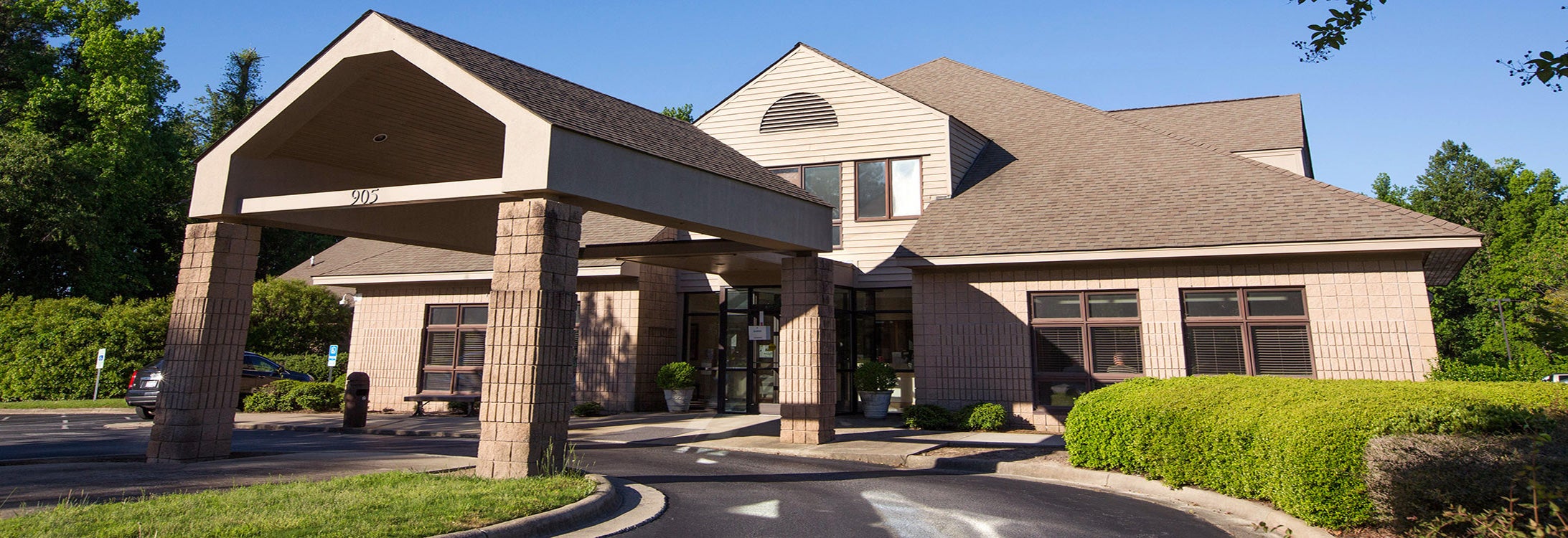M-1 Behavioral Science
Overview and Contact Information
Health is a product of the interactions among biology, genetics, behavior, relationships, cultures, and environments. Some of medicine’s most promising frontiers for improving health explore the realms of human behavior and social science. More and more disease states cannot be addressed without attention to the behavioral or social factors that cause them, erect barriers against treating them, or can ameliorate or even cure them. Hence, a complete medical education must include, alongside the physical and biological sciences, the perspectives and findings that flow from the behavioral and social sciences.
This course presents information about the wide variety of behavioral, social, and psychological disciplines that comprise the behavioral sciences that are relevant to health and illness. The course endorses a universally held public health concept. This concept explains that behavior – including that of patients, physicians, and the community-plays a central role in the incidence, prevalence, prevention, symptom presentation, diagnosis, treatment, and prognosis of illness.
Coursework
In addition to attending lectures and participating in in-class learning activities, students in the behavioral science course will complete four independent learning activities and attend four small group sessions throughout the course. The independent learning activities and small group sessions will complement each other and are intended to enhance material presented in lecture and in course readings. Students will also be graded on their performance on quizzes and exams throughout the course.
Course Objectives
- List and describe the major behavioral and social science theories of human behavior and how these are applied in the practice of medicine.
- Describe the major theories and stages of human development through the life cycle and understand how developmental considerations are incorporated into clinical formulations.
- Using behavioral change theory, provide patient-centered guidance for health behavior change.
- Integrate the philosophy of the biopsychosocial model with the perspective of the biomedical model.
- Apply behavioral and social science understandings to physician behavior and understand the principles of self-awareness and reflective practice.
- Demonstrate a positive attitude and regard for education by demonstrating intellectual curiosity and dedication to being prepared.
- Demonstrate maturity in soliciting, accepting, and acting on feedback.
- Demonstrate collegiality and respect for group members and the perspectives of behavioral/social science disciplines.
